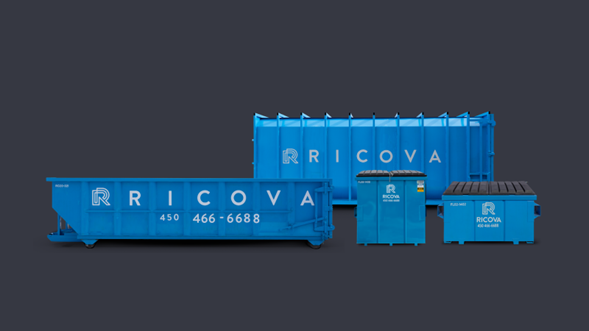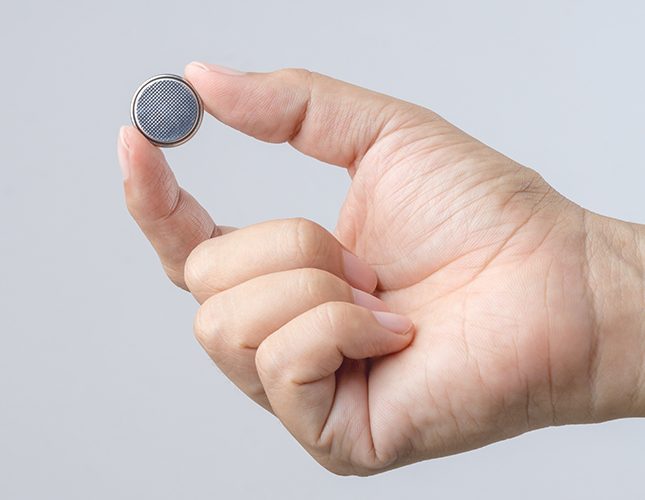
By Robin Dignard, certified fire and emergency measures trainer
Lithium batteries cause 90% of sorting center fires, when they are damaged during operations, crushed or exposed to water. They explode, like fireworks, and can easily ignite paper, cardboard, or other materials in its vicinity.
The risk of fires is present throughout the recycling chain: from the collection truck to the creation of bales of sorted recyclables. These risks are accentuated by the various sources of heat present: the machinery and the chemical reactions with other materials, all of which endanger the health and safety of employees. The smoke that escapes when a lithium battery catches fire is extremely toxic and can also cause serious burns.
During my investigations to determine the causes and circumstances of the fires at Ricova's sorting centers, whenever a lithium battery was involved, it was the speed with which employees intervened that limited the spread and extent of the fire.
Robin Dignard
Unfortunately, it is the delays in detection that often mean a large-scale fire, as the battery’s ignition speed is lightning-fast and spreads rapidly to the recyclable materials inside.
Fires in sorting centers are the bête noire of managers and employees alike, who take this reality very seriously. Unfortunately, we are never entirely safe since batteries are sometimes very small and/or hidden by other elements on the conveyor. Just think of the fires that damaged Matrec’s Koncas Recyclage plant in June 2022, or the Lachine sorting center operated by Ricova until last October. Although there may be multiple causes, the lithium battery remains the worst threat to the employees’ health and safety.
When Ricova’s president approached me to collaborate, he wanted to modernize his equipment to improve sorting – which he has done – but no system is currently available on the market to detect the presence of lithium batteries in recyclable materials. The key is to improve processes and procedures throughout the sorting chain, starting with the employees’ sorting. Over the past year, I’ve worked with the teams to improve cleaning operations, implement an early warning procedure, and install fireproof garbage cans that separate batteries from the rest of the material.
In one year, the fires recorded at their 3 sorting centers (St-Michel, Lachine and Châteauguay) was more than halved, from 17 in 2021 to 9 in 2022. Of the 9 fires I mapped, nearly 60% involved a lithium battery. All Ricova employees have done a lot of hard work, but their commitment must remain constant and their training ongoing. Their health and safety at work depend on it.
We also need to raise public awareness so that people understand that a lithium battery is a hazardous material, and that hazardous materials should not be deposited in the blue recycling bin, but in designated areas such as ecocentres and certain drop-off points. It’s thanks to everyone’s vigilance that we can ensure the protection of sorting center workers. And in this respect, we must never reduce our collective efforts.








